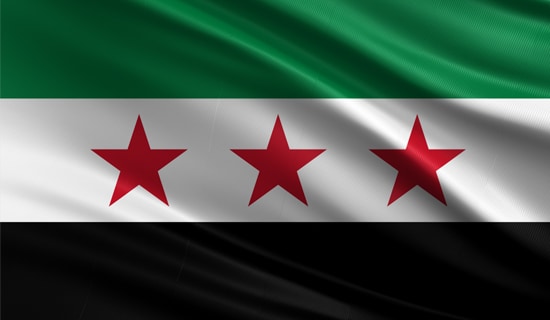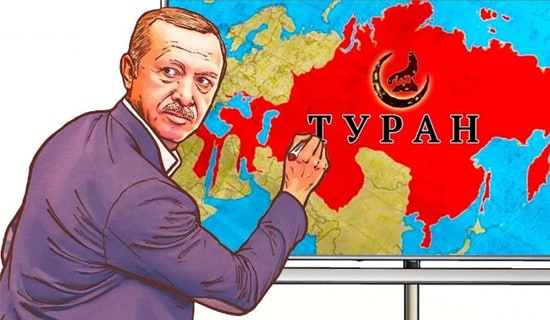The respected defense analyst, Aleksander Golts, is alarmed by a presidential decree recently signed by Putin that would enable the Russian president to place the Russian Army under the command of the National Guard , which is tasked with repressing domestic protest. Golts interprets the decree as a preventive measure in anticipation of nationwide protests. He cites the nearly simultaneous publication of an article in an official military publication by former Chief-of-Staff Yuri Baluyevsky equating popular protests with the actions of an external enemy. While Golts does not believe that the Russian armed forces would fire on their fellow citizens, he is afraid of the mayhem that would result if the Russian army was actually given such an order.
The following is Golts' analysis as it appeared on the independent ej.ru website.[i]

Aleksander Golts (Source: Fotanka.ru)
"Vladimir Putin signed a decree stating explicitly that by the president’s decision, 'units and military bases of the Armed Forces of the Russian Federation, other military formations and organs may be assigned to the operational command of the district commander (of the National Guard — А.G.) for the accomplishment of missions entrusted to the National Guard'. The day following the decree's publication, Nezavisimoye Voyennoye Obozreniye [Independent Military Review] published an article by Yuri Baluyevsky, former Chief of the General Staff and Deputy Secretary of the Security Council, and currently an adviser to the Commander of the National Guard. The article dwells at length on the insidious plans of [forces] outside the country to conquer Russia by hoodwinking the naïve young generation and leading it out to the streets under [the banner of] anti-state slogans. Baluyevsky proudly informs the readers that he contributed to the revised version of the Military doctrine: "When the new version of the Military Doctrine of the RF was being prepared in 2014, officers of the Internal Troops of the Ministry for Internal Affairs and we sat on the joint committee. We updated Article 11, which noted the trend that military dangers and threats were shifting to the informational space and the domestic sphere of the Russian Federation". In this extraordinary document, hypothetical popular protests are accorded the same status as the actions of a potential enemy’s special forces. And here is Baluyevsky's explanation for why the National Guard was formed: "The emergence of the National Guard is the response to the challenge hurled to our society, the answer to the threat of applying techniques of so called non-violent resistance, which should be more accurately termed a color revolution".

Yuri Baluyevsky (Source: Gsiwinner.ru)
"It is stated quite openly that the big bosses intend to suppress non-violent protests by military force. The National Guard command has just informed us that the number of its fighters is twice as much as the number of the Internal Troops of the MIA. In other words, we are talking about 360-380 thousand servicemen. This exceeds the number of our ground troops. And even under these conditions, the Kremlin does not rule out a situation where even this number may be insufficient. This necessitates the subordination of armed forces units to the National Guard's command.
"This scenario can mean only one thing: the Russian authorities are getting ready for mass protests throughout the entire country. It must be said that as soon as it was declared, back in May 2014, that "color revolutions" constitute a new form of military activities, it immediately became clear that sooner or later, the military would have to submit plans for using troops against the country’s population. Russian officers do not want to shoot their fellow citizens. And the officers of the General Staff apparently tried their utmost to slow down the adoption of executive directives. But the Kremlin was impatient. So, now the Army is subordinate to the National Guard. Russian law, however, does not vest the Armed Forces with the authority to suppress civil protests. For the moment, there is no reason to believe that the unit commander and his subordinates will carry out the order to shoot at their fellow citizens, if they receive one… It is telling, however, that the Kremlin contemplates this scenario. But if we assume that those in the security apparatus are playing their own games, only God knows what the result would be if the Army is ordered to participate in domestic conflicts. "
[i] Ej.ru, May 27, 2017.





